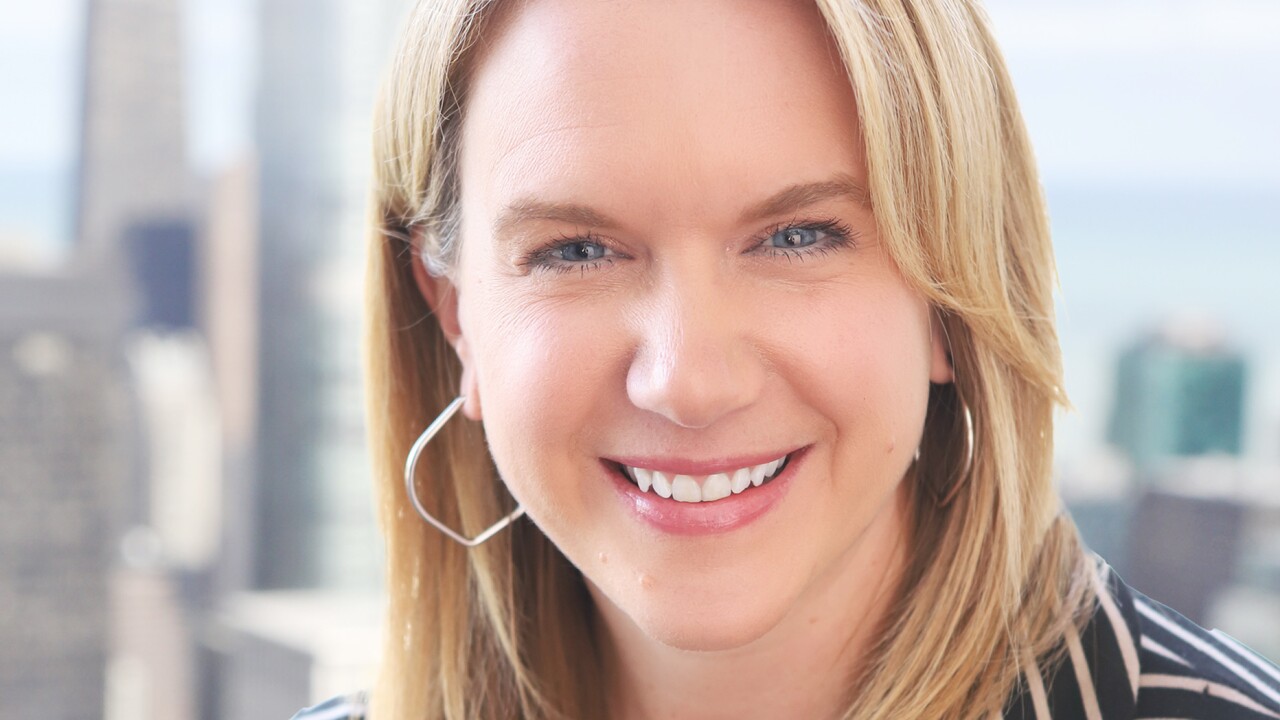While bank customers repeatedly acknowledge in surveys their openness to letting artificial intelligence manage their finances, there is a structural issue preventing many institutions from benefiting from the digital advice trend, according to one fintech head.
Bank wealth units attempting to offer robo tools to customers may find their retail colleagues are not very helpful in guiding product rollout, said Drew Sievers, chief executive of Harvest Savings and Wealth Technologies, a digital banking services platform previously known as Trizic.
That's because retail banking units usually earn 300 basis points in net interest margin, while many robo-advice offerings are priced much lower, usually between 30 and 50 basis points on fees, to remain competitive.
“Banks don’t want to move the assets from retail to robo unless they are 100% sure they are flight risk,” Sievers said. “Otherwise you’re repricing those deposits down. It’s a real problem.”

Harvest's newest label products, Goalkeeper and Signals, are meant to address that issue, said Sievers.
Goalkeeper provides banks the ability to offer the same sort of microplanning within accounts that apps such as Digit and Chime provide, while Signals provides intelligence across accounts on customers, so banks can offer them products when they are most likely to need them.
For example, a customer could set up a goal of saving for college education in their savings account with Goalkeeper. When the account nears the amount needed to open a 529 account, Signals would alert the bank, Sievers said, allowing it to effectively cross-sell the customer.
With a solution that looks at data in real-time across a bank, he said, “it allows customers to fulfill different goals, the bank is better positioned to deliver products, and they don’t lose to online lenders, digital savings apps or direct-to-consumer robos like Betterment.”
Sievers claimed that according to his firm’s analysis, banks are losing up to 5% of deposits every year to microsavings and microinvesting apps such as Acorns and Robinhood, as well as to traditional and digital-first brokerages such as
The increased crossover between savings and investments will push other startups to develop products that align banking offerings that have been traditionally separate, said industry observers.
“With the convergence of banking and investing in the robo space, it’s no surprise that fintech firms are getting into the game,” said Will Trout, head of wealth management at Celent.
But while data and analytics can help bridge the gap between savings and advice offerings at banks, there is also a cultural shift that institutions will need to undertake to grasp the value of doing so, Trout said.
“There is an inherent tension between the bank need for fee income, on the one hand, and the smaller margins that investment assets imply,” he said.
“I'm not sure coordination is the problem, although it is definitely lacking in many organizations," Trout added. "I think many bank CEOs encourage fiefdoms and internal rivalries — especially between retail and wealth management — as a way to cement their power and control.”
Sievers said his firm has already convinced some institutions to adopt the new offerings. Boston’s Radius Bank will add the Goalkeeper and Signals products to its platform in the fall.
Harvest, which also announced an additional $23 million in equity and debt financing on Wednesday, offers account automation and customer onboarding technology to banks, and counts John Hancock, Bank of Oklahoma, First Citizens Bank and Apex Clearing Corp. among its current clients.
Sievers said his company has added five new bank clients and should total 20 active bank clients by year-end.
"Customers think of money in terms of savings and wealth," he said. "It's not enough for the bank to just keep their balances. They have got to understand how they interrelate."





